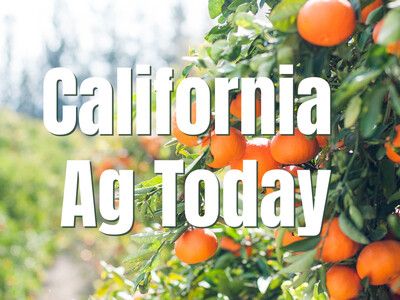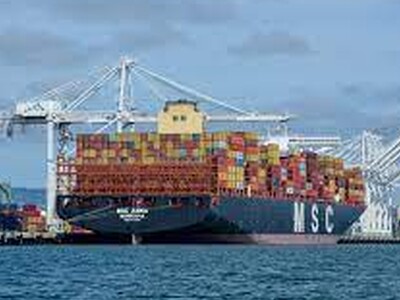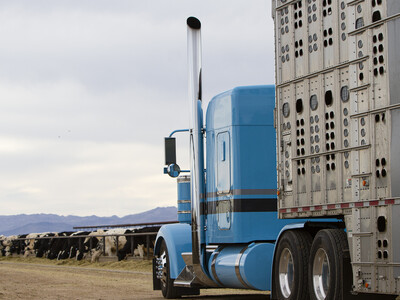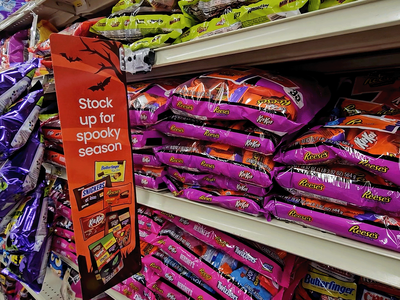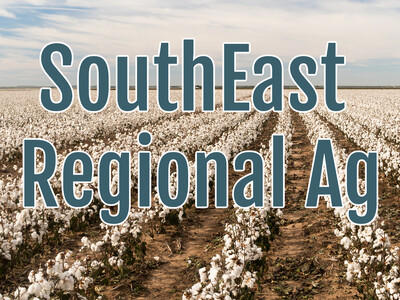Virtual meeting
During their 81st annual meeting Dec. 2, Idaho Farm Bureau Federation members supported three proposals that seek to make it easier for consumers to purchase meat directly from ranchers.These proposals could simplify the pathway for cattle producers to sell directly to consumers, while maintaining a safe meat inspection process.
“The idea here is to think outside the box: How do we get safe, inspected beef to consumers in a different way?” said Lori Anne Lau, president of Caribou County Farm Bureau, which supported the proposals.
IFBF’s annual meeting brings together voting delegates from each of the state’s county Farm Bureau groups to vote on policy that guides the organization through the coming year.
IFBF is Idaho’s largest general farm organization and the group represents farmers and ranchers throughout the state.
Idaho Farm Bureau’s annual policy book contains guidance on a host of issues, including water, wolves, transportation, cloud seeding, open range, taxes, land use and education.
Helping ranchers have other options to get beef directly to consumers was a main topic of discussion during this year’s meeting.
IFBF delegates unanimously adopted a policy that supports having one statewide licensing program to allow for the sale of meat in bulk to individuals. To do that now, a producer is required to get a livestock dealer’s license and a food establishment license in each health district where they want to sell.
There are seven health districts in Idaho and getting licenses in each one is time-consuming and expensive, said Kaytlin Abrahamson, president of Gooding-Lincoln County Farm Bureau, which introduced that proposal.
The delegates also voted to support a state meat inspection program in Idaho that would allow for the commercial sale of meat within the state.
That policy, which was introduced by Valley-Adams County Farm Bureau, also supports having more processing facilities in rural areas of the state, as well as allowing large animal veterinarians and other interested individuals in rural areas to become certified meat inspectors under a state meat inspection program.
“It’s very hard to get federal inspection in central Idaho so we’re losing a lot of sales,” said Valley-Adams Farm Bureau President Dean Dryden.
Lau explained that Idaho could keep the existing USDA meat inspection program while offering these state-inspection options to ranchers as well.
Caribou County Farm Bureau feels that “producers need more options, not less,” she said.
The delegates also voted in favor of a policy that supports allowing states to create a standard of meat inspection for meat sold within the states that is different than the federal program but equally protective.
This policy would allow states the option to begin exploring that idea and any state-inspected program would supplement the existing federal program, not replace it, Lau said.
“This would allow states the option to investigate opportunities to create new and inventive ways to inspect meat that would only be sold within the state,” she said. “Right now, they are not even allowed to think about it.”
The voting delegates also tackled an array of other ag-related issues, including water rights, hemp, livestock fencing, wolves and private property rights.
This year’s annual meeting was held virtually for the first time, due to the gathering restrictions related to COVID-19. Sixty-one voting delegates from 36 counties, all of them farmers or ranchers, participated in the meeting from six different locations around the state.
For the first time in the organization’s history, the proceedings were broadcast to individuals and other agriculture groups who have normally attended the meetings in person.
IFBF President Bryan Searle told delegates that the organization’s policy development process “is one of the most important things this organization does. It’s the best process, I believe, of any organization, bar none, in the nation and that’s because it starts with the grassroots.”
But he also said developing policy is just the beginning and Farm Bureau members need to work diligently throughout the year to ensure the group’s policies become fruitful.
“Is our work done now? Absolutely not,” Searle said. “We’ve only just planted our crop. We put the seed in the ground. Now we have to water it and … harvest it.”
Searle said that while 2020 has been a challenging year due to the COVID-related issues, it has brought Idaho Farm Bureau Federation and other agricultural groups closer together and strengthened their relationships.
“As difficult as it’s been, we’ve developed stronger relationships with all of the other ag organizations in this state and nation,” said Searle, a farmer from Shelley. “It doesn’t mean we agree on everything but we’re stronger together because a world pandemic has brought us together to say, What can we do?”






